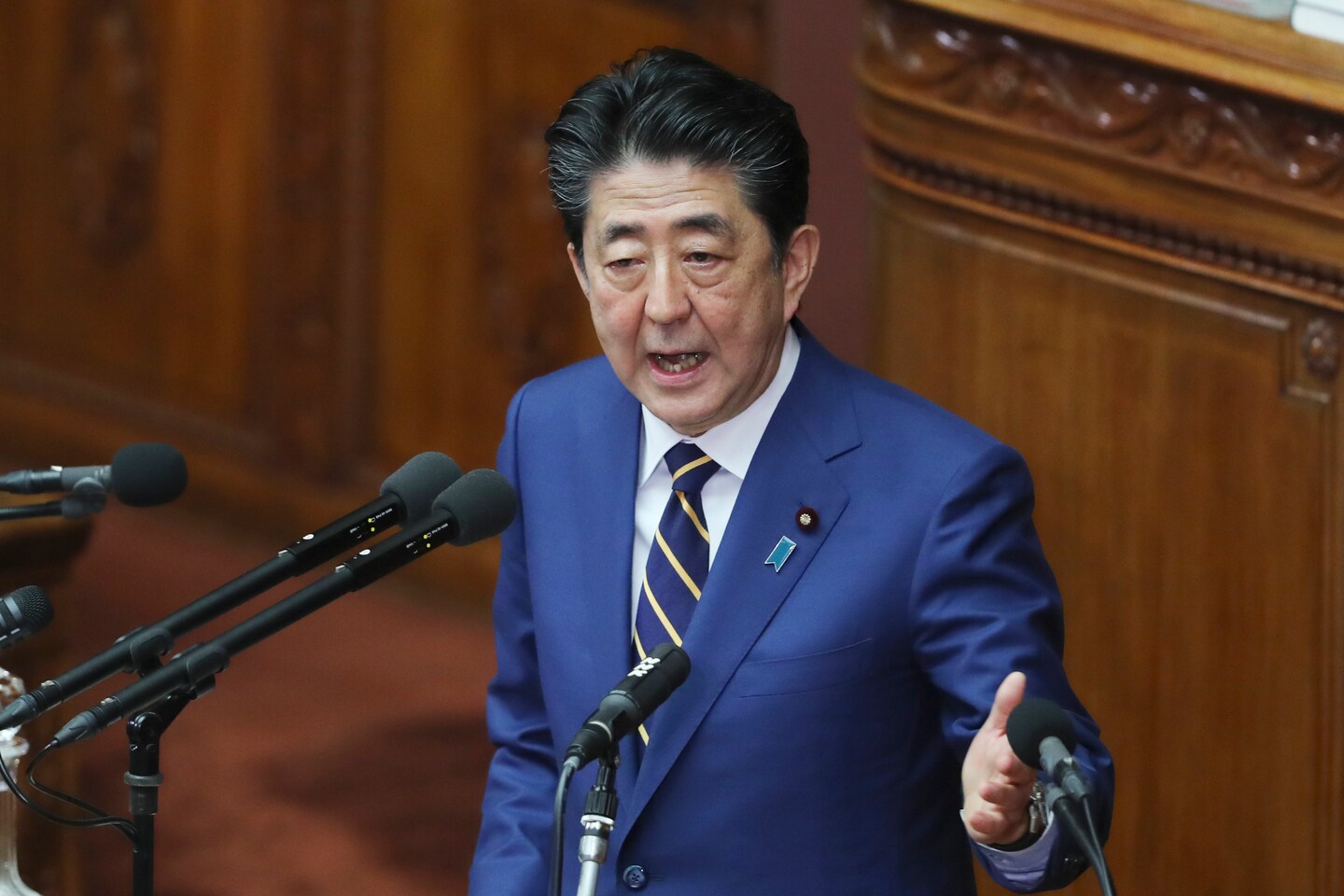Shinzo Abe was a better ally than we deserved

Thanks to that reticence, Abe was perhaps the world’s most successful leader in managing the erratic presidency of Donald Trump. He knew Japan’s security depended on having a good relationship with Washington, no matter who was in power. And he subtly coaxed and cajoled Trump toward sensible policies that were good for Japan, and America, too.
Abe announced Friday that he will retire soon as prime minister because of poor health. It’s a moment to appreciate a leader — and a country — that don’t get as much attention as they deserve. Japan under Abe has been as stable and solid an ally as America could want — and probably better than we deserved.
“Abe had a clear strategy for his country. Japan couldn’t succeed without the United States. It didn’t matter who the president was. He needed to work with whoever was elected,” said Michael Green, the top Asia expert in the George W. Bush administration and now a senior adviser at the Center for Strategic and International Studies. Green has been a friend of Abe for several decades and probably knows him as well as any American.
The Japanese leader began cultivating candidate Trump in the fall of 2016, when most foreign leaders assumed Hillary Clinton would win the presidential election. Abe knew that Japan, facing a powerful and potentially menacing China, couldn’t afford to make a wrong bet. After Trump’s surprise victory, Abe was the first world leader to pay court at Trump Tower in New York.
Trump wasn’t an easy sell. He had been a loud Japan-basher during trade disputes in the 1980s. And he would regularly harangue Abe during their meetings about Japan’s trade surplus and its failure to pay the full costs of stationing U.S. troops there. According to Green, Abe would listen calmly, remind Trump how much more expensive it would be to defend the Pacific without bases in Japan and finally give thanks that young Americans were willing to risk their lives to defend Japan.
Trump would eventually stop the tirades, and he would usually do what Abe asked. The Japanese leader was able to dissuade Trump from pulling U.S. troops out of South Korea. And he crafted the idea of the joint maritime strategy that shaped the “free and open Indo-Pacific” doctrine embraced by the United States.
“Abe in many respects believed more in the importance of America’s role in Asia than Trump did,” argues Kurt Campbell, who was the top Asia strategist during the Obama administration and now runs a consulting firm called the Asia Group.
To maintain his friendship with Trump, Abe had to endure some bullying remarks about Japan’s past. And in one particularly embarrassing moment after the Singapore summit with North Korea’s Kim Jong Un, Abe was asked by the White House to nominate Trump for the 2018 Nobel Peace Prize. (He did.) He would carefully rehearse before each summit meeting, having aides play the role of Trump. And then there was the fact that he liked to play golf.
Abe had less success in economics than in foreign policy. His “Abenomics” raised Japan’s moribund growth by bringing more women into the workforce, boosting tourism in an insular country that could be forbidding for non-Japanese speakers and shaking up the Tokyo Stock Exchange. But he could never achieve the dynamic growth rates he sought.
Abe had wanted to depart on the high of the Tokyo Olympics that would have been held this summer, and what he hoped would be a post-Olympic boom. The coronavirus pandemic shattered that plan. And Abe never achieved the rapprochements with China and South Korea that he wanted. He was one of Japan’s long-serving prime ministers, but he wanted to stay a bit longer.
Good leaders are too rare these days not to take notice when one departs the stage. Like Chancellor Angela Merkel in Germany, Abe helped steady the international order at a time when Trump’s erratic foreign policy left a leadership vacuum. Abe knew that America mattered in the world, even when it seemed in retreat.
As Abe leaves office, it’s a good time to remember that America’s security depends on having good allies — even when we’re behaving badly.
Read more:






